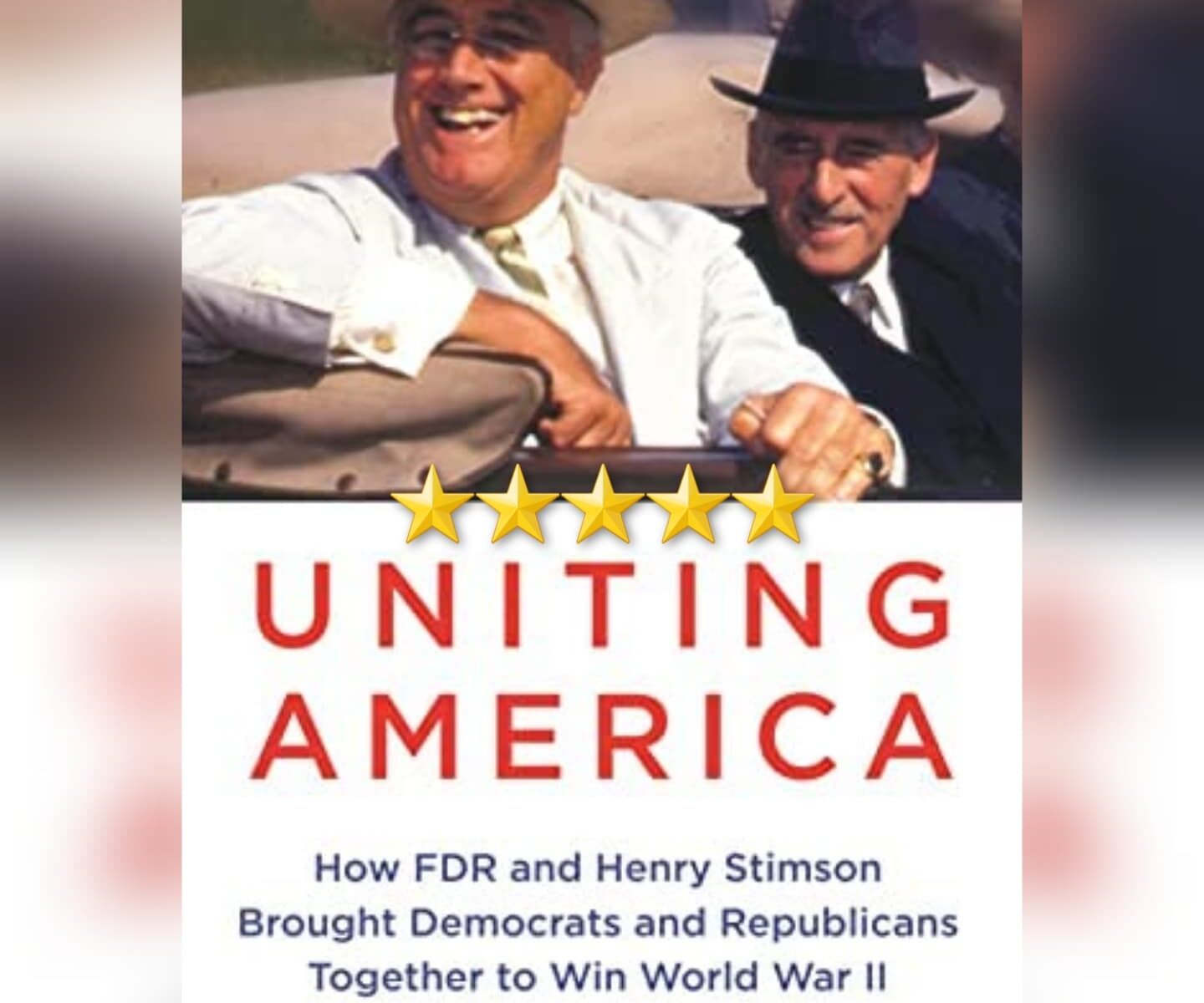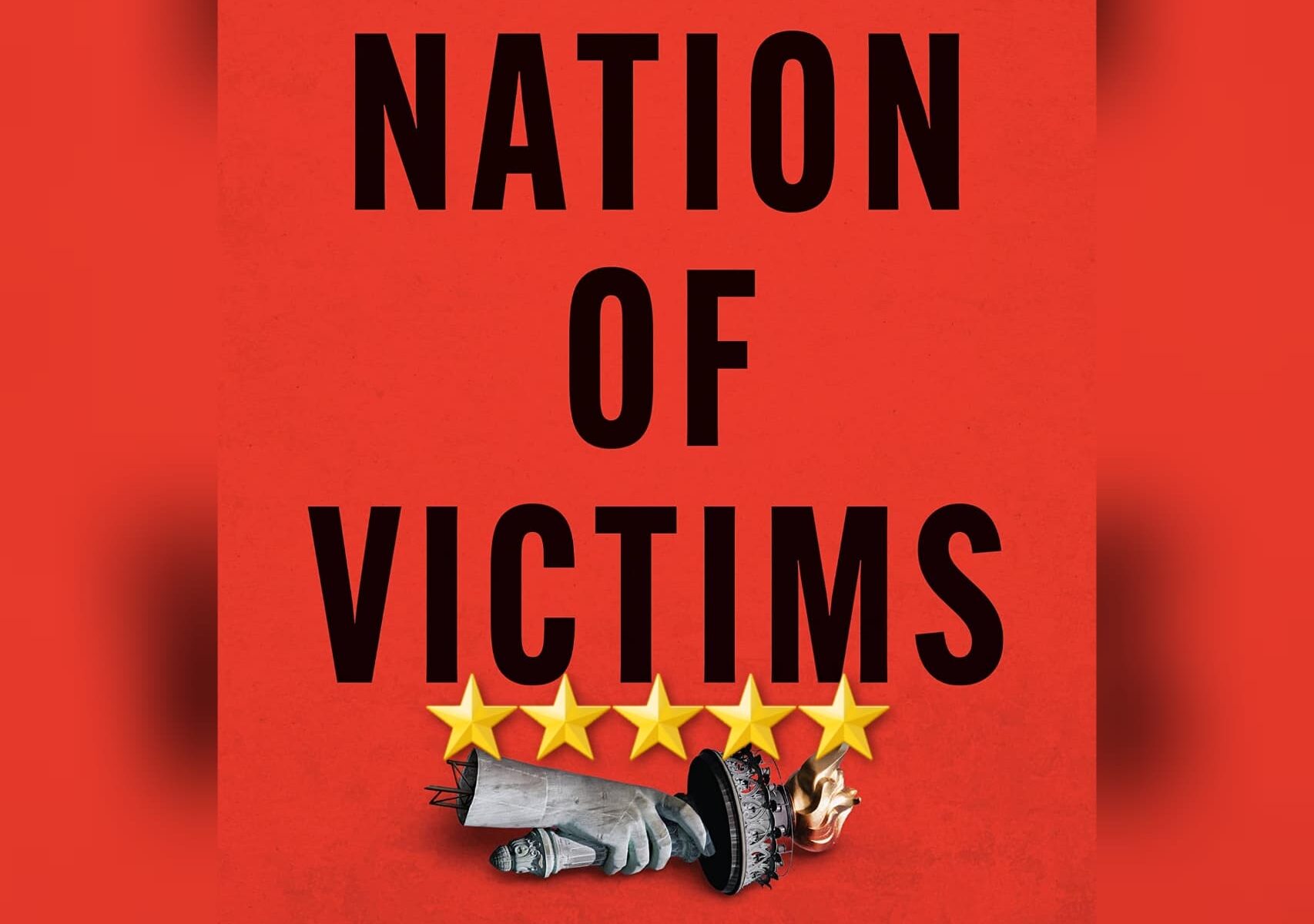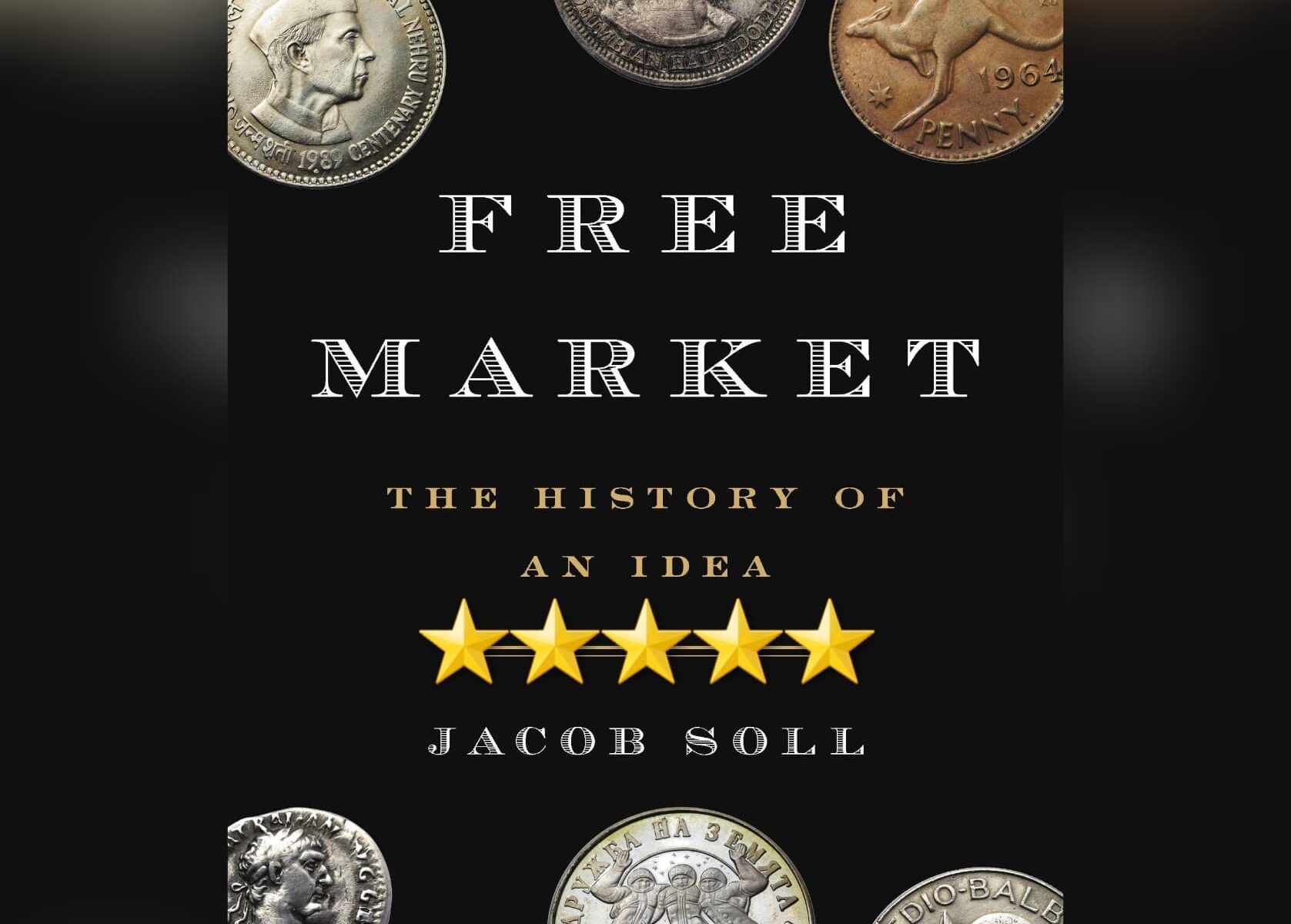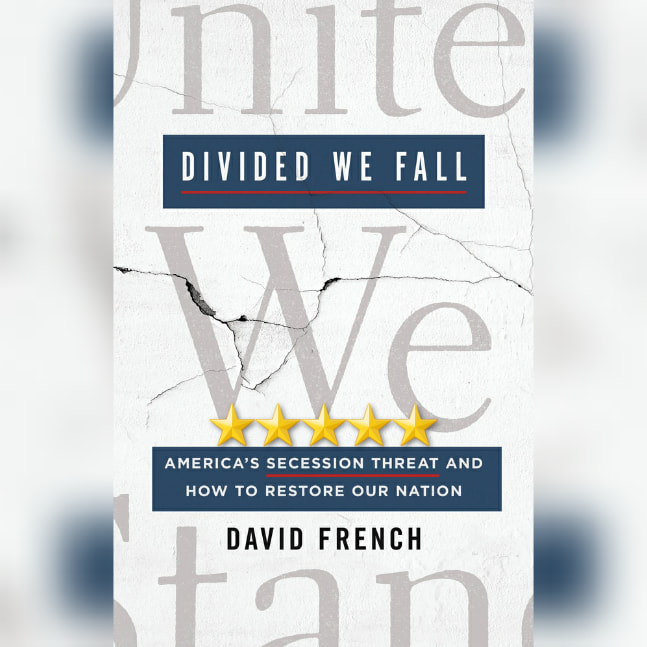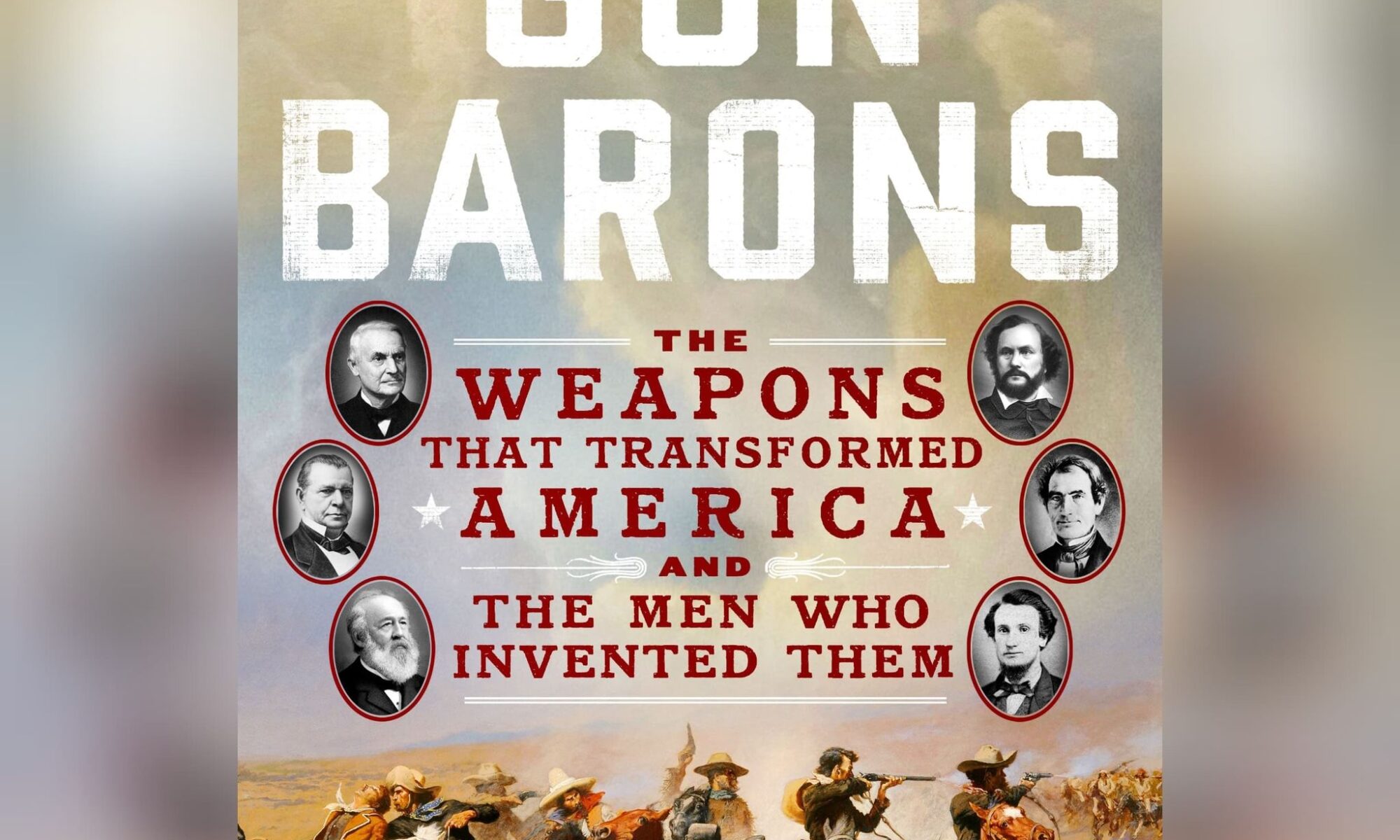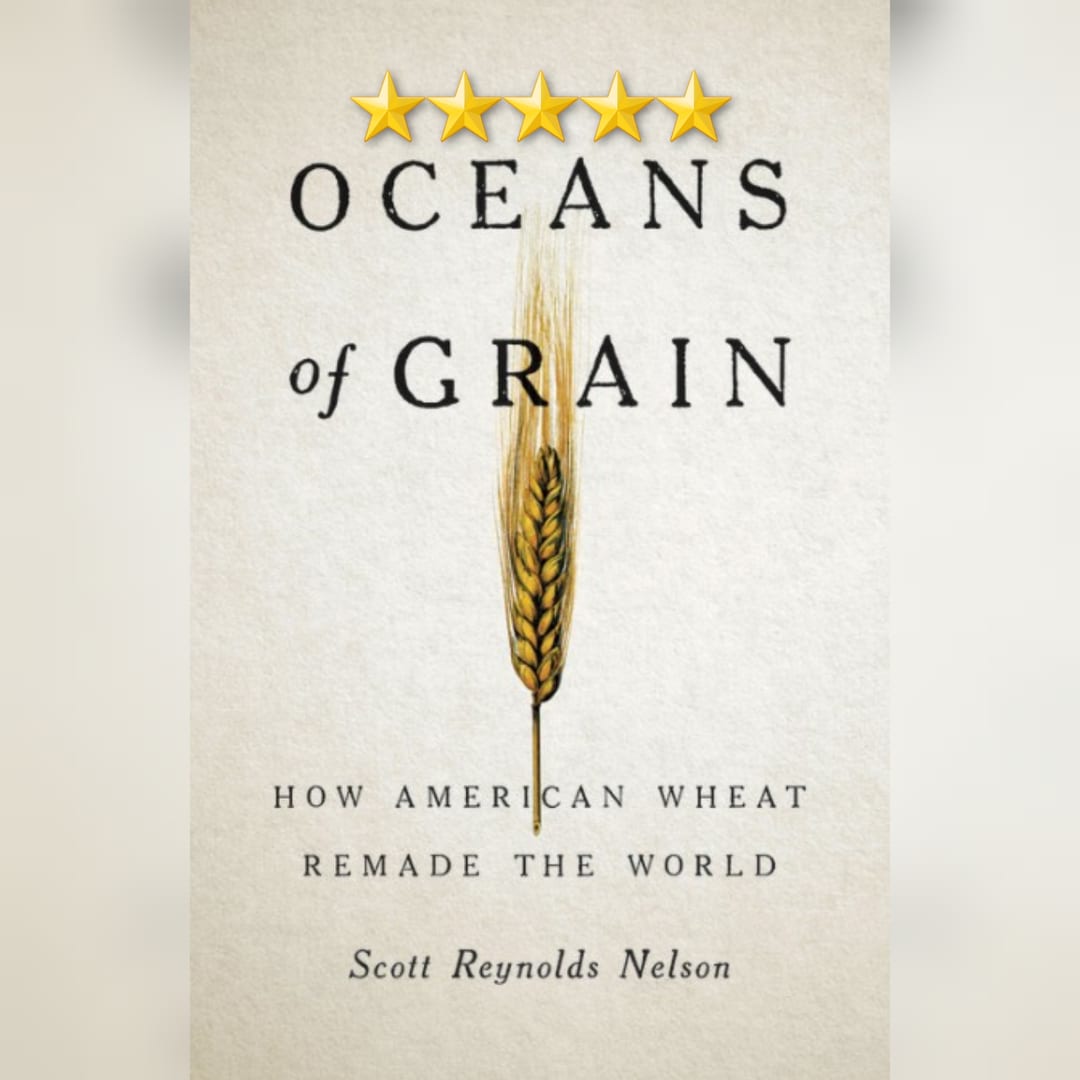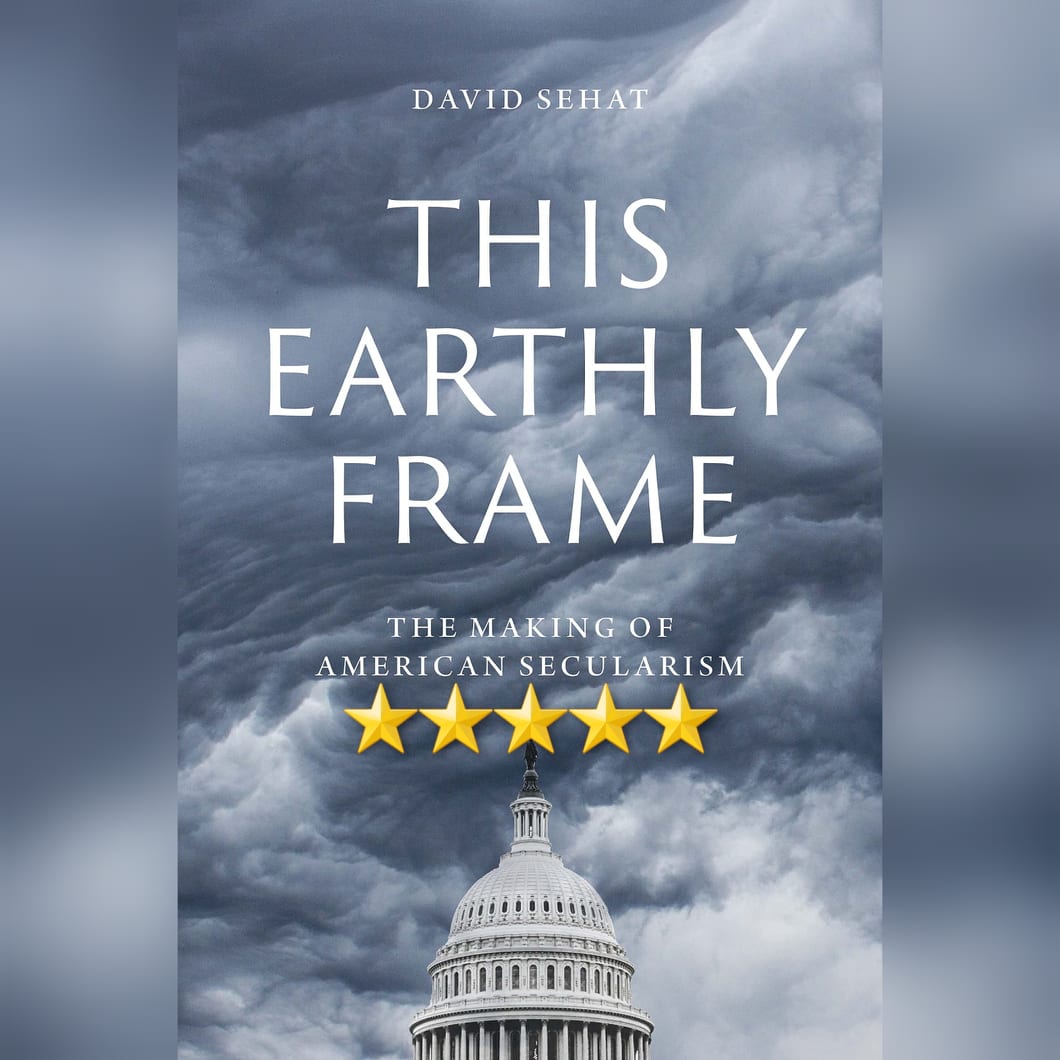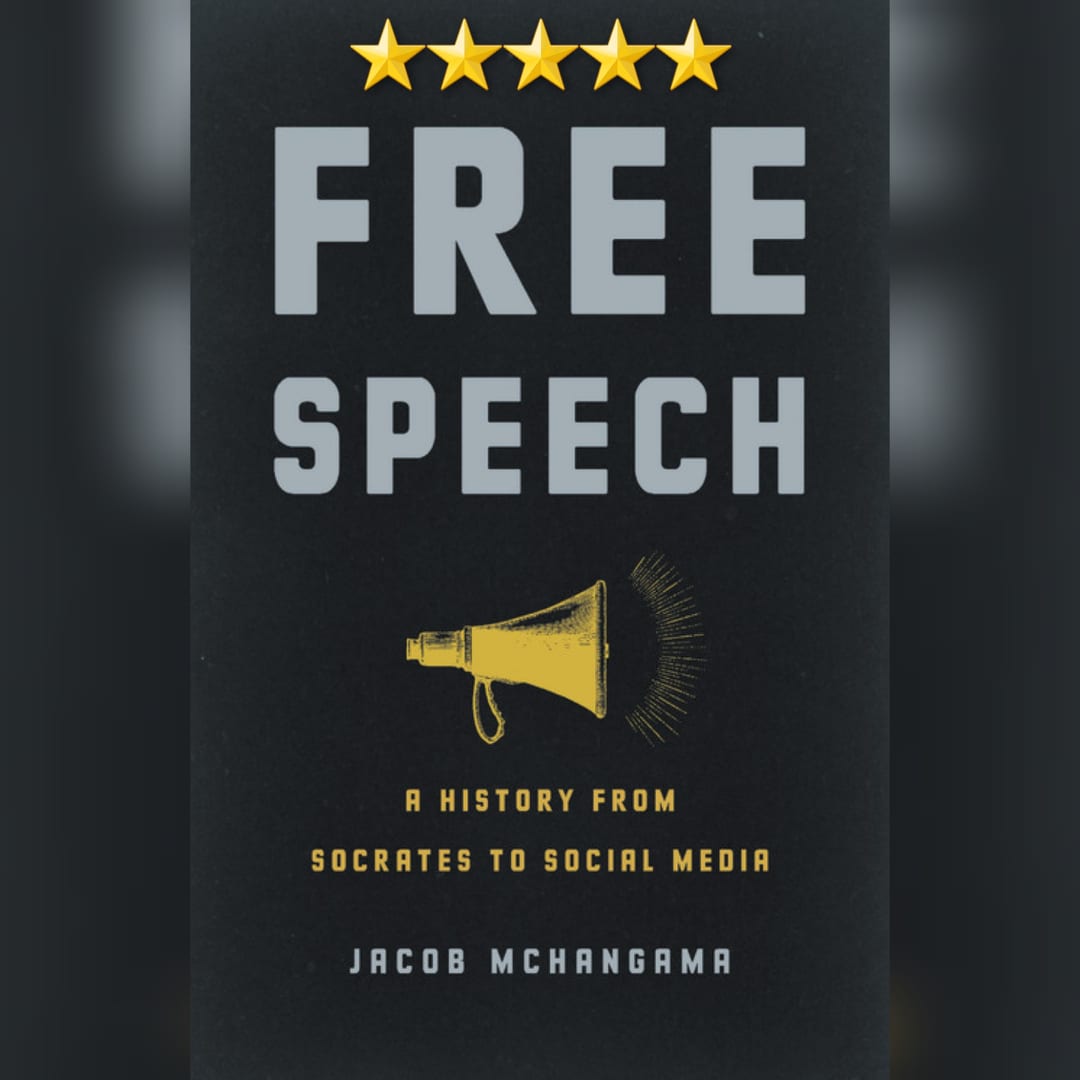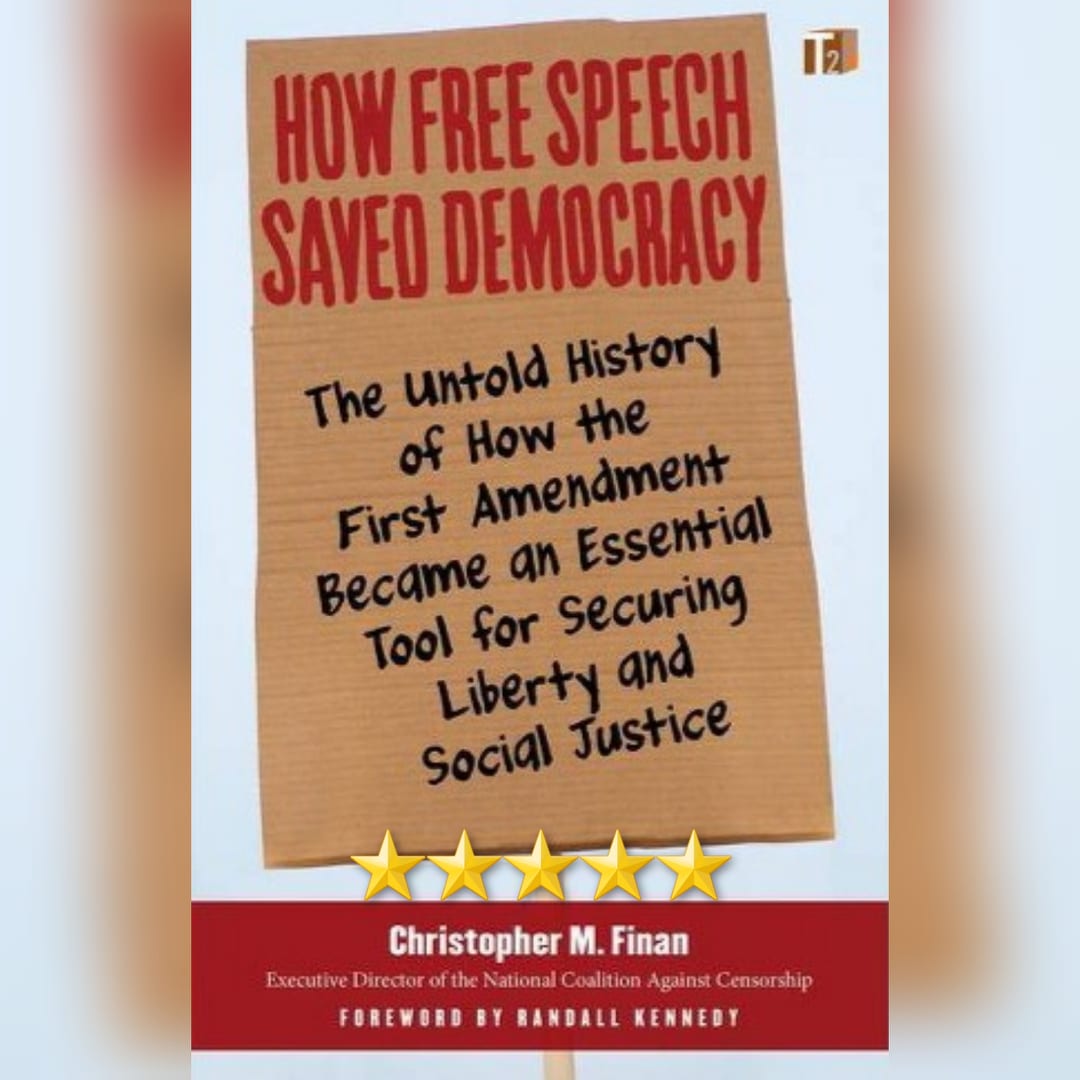Strong Historical Exposition Marred By Back Half Of Epilogue. This is a book that was an absolute 5* read… until potentially the last few pages. It is well documented at 31% of the text, and even claims to have a handful of previously unreported facts – which given just how *libraries* have been filled with even solely nonfiction tomes on everything to do with WWII, would be quite a feat indeed if accurate. As with most histories of its type, it spends a few chapters both before and after the period directly in question, setting it in its context and showing its aftermath, respectively, with the bulk of the narrative focused on the core thesis. Through all of this, and even through the first half of the epilogue, this book truly is remarkable.
But then… Shinkle just *had* to put his thoughts on more recent events, particularly political events of the last few years, in the same tome, and in its last pages to boot. This is *worse* than being a “Lord of the Rings: Return of the King” scenario where the tale should have ended *shortly* after the coronation of Aragorn, as in this instance it is more akin to ending Return of the King with a few pages discussing the events of Star Wars: Episode VI: Return Of The Jedi and trying to tie the two together. Yes, there are some *very high level* similarities. But if you’ve just spent 300 ish pages discussing the very *minutia* of the one thing, and then you try to zoom out to an International Space Station level to get a view that *might* *maybe* support linking this other thing to that first thing… it ultimately sours the taste of the overall meal.
Still, ultimately this narrative *is* a strong and interesting one that anyone seeking to more fully understand WWII should read. Just ignore the final few pages. You’ll know them when you encounter them. Recommended.
This review of Uniting America by Peter Shinkle was originally written on October 4, 2022.

